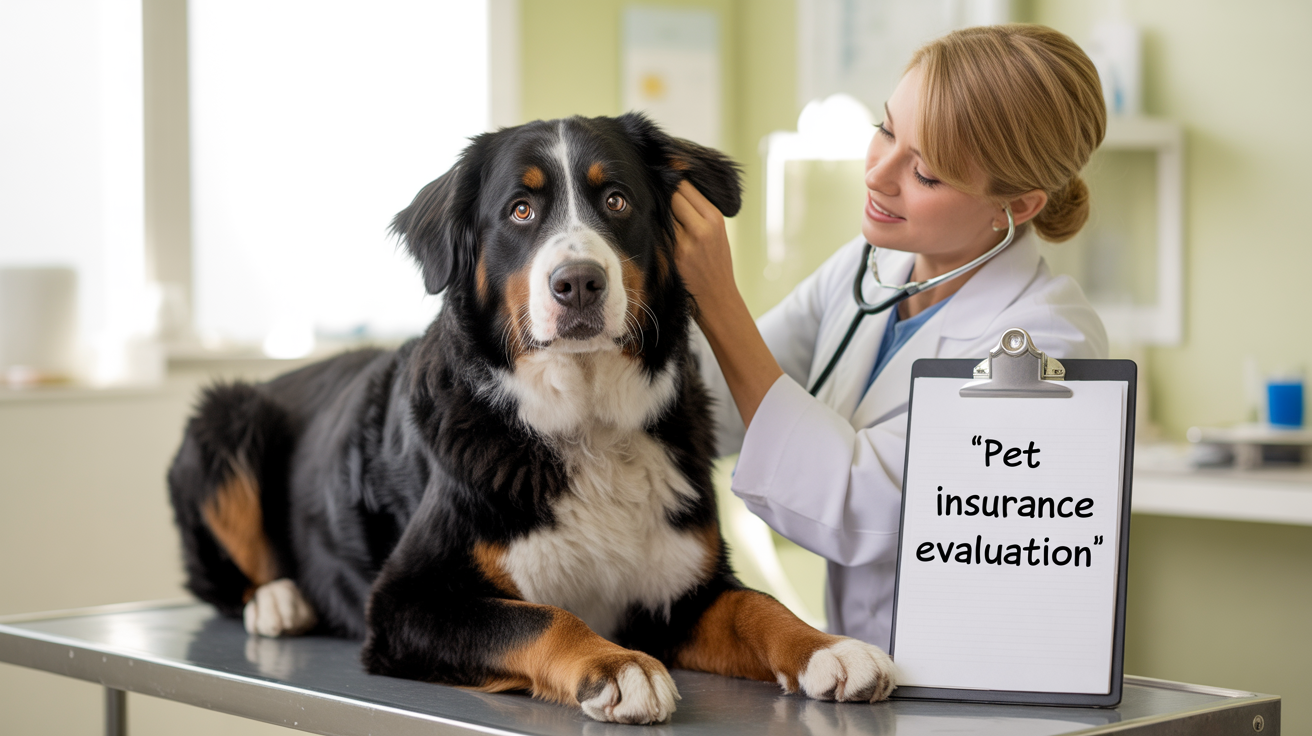As our furry friends age, their healthcare needs often become more complex and costly. Understanding pet insurance for older dogs has become increasingly important for pet owners looking to provide the best care while managing expenses. This comprehensive guide will help you navigate the world of senior pet insurance, from coverage options to cost considerations.
With veterinary costs rising significantly over the past decade, more pet owners are considering insurance for their aging companions. Let's explore whether this investment makes sense for your senior dog and what factors you should consider.
Understanding Senior Dog Insurance Coverage
Pet insurance for older dogs typically covers accidents, illnesses, and sometimes chronic conditions that develop after the policy starts. However, it's crucial to understand that pre-existing conditions are generally excluded from coverage. Most policies offer various levels of protection, from basic accident-only plans to comprehensive coverage that includes diagnostic tests, surgeries, and medications.
Coverage options may include:
- Emergency veterinary care
- Surgery and hospitalization
- Prescription medications
- Chronic condition management
- Diagnostic testing
- Cancer treatments
Cost Factors and Premium Considerations
The cost of insuring an older dog varies significantly based on several factors. Age is the primary determinant, with premiums increasing substantially as dogs get older. Location, breed, and chosen coverage levels also play crucial roles in determining monthly costs.
Typical monthly premium ranges for older dogs:
- Ages 6-8: $50-80
- Ages 8-10: $70-120
- Ages 10+: $115-160+
Enrollment Age Limits and Restrictions
Most insurance providers have maximum age limits for new enrollments, typically between 8 and 12 years old. It's important to note that while existing policies can usually be maintained as pets age, starting a new policy for an older dog may come with more restrictions and higher costs.
Some insurers offer specialized senior pet plans, but these often come with lower coverage limits and higher deductibles compared to standard policies.
Making the Most of Senior Dog Insurance
To maximize the value of pet insurance for your older dog:
- Compare multiple providers and policies
- Consider higher deductibles to lower monthly premiums
- Look for policies with unlimited annual coverage
- Check for multi-pet discounts
- Review waiting periods and coverage exclusions carefully
Benefits of Early Enrollment
The best time to insure your dog is when they're young and healthy. Early enrollment typically results in:
- Lower lifetime premiums
- Fewer coverage exclusions
- Better protection against future conditions
- More comprehensive coverage options
Frequently Asked Questions
How much does pet insurance typically cost for older dogs at different ages?
Pet insurance costs increase significantly with age. For example, a 6-year-old dog might cost around $50 monthly, while a 12-year-old dog could cost $150 or more. Costs vary by location, breed, and chosen coverage levels.
Can I get pet insurance for a senior dog with pre-existing health conditions?
While you can get insurance for a senior dog, pre-existing conditions won't be covered. Any condition that develops after the policy's waiting period ends will be eligible for coverage, assuming it's not related to pre-existing conditions.
What types of coverage are available for older dogs in pet insurance plans?
Common coverage options include accident and illness protection, surgery, medications, and chronic condition management. Some insurers offer wellness add-ons for routine care, though these are typically more expensive for senior dogs.
Are there age limits or restrictions when enrolling an older dog in pet insurance?
Yes, most insurers have maximum enrollment ages between 8-12 years. While you can maintain existing coverage as your dog ages, starting a new policy for an older dog may be difficult or impossible with some providers.
Is pet insurance worth it for senior dogs given the rising veterinary costs?
The value depends on your individual circumstances. Insurance can be worthwhile if your dog is relatively healthy when enrolled and you want protection against future costly conditions. However, high premiums for very senior dogs might make self-insurance a better option in some cases.
Conclusion
Pet insurance for older dogs can provide valuable peace of mind and financial protection against unexpected veterinary costs. While premiums are higher for senior pets, the right policy can still offer significant benefits, especially if enrolled before major health issues develop. Consider your dog's specific health needs, your financial situation, and available policy options to make the best decision for your furry friend's golden years.






